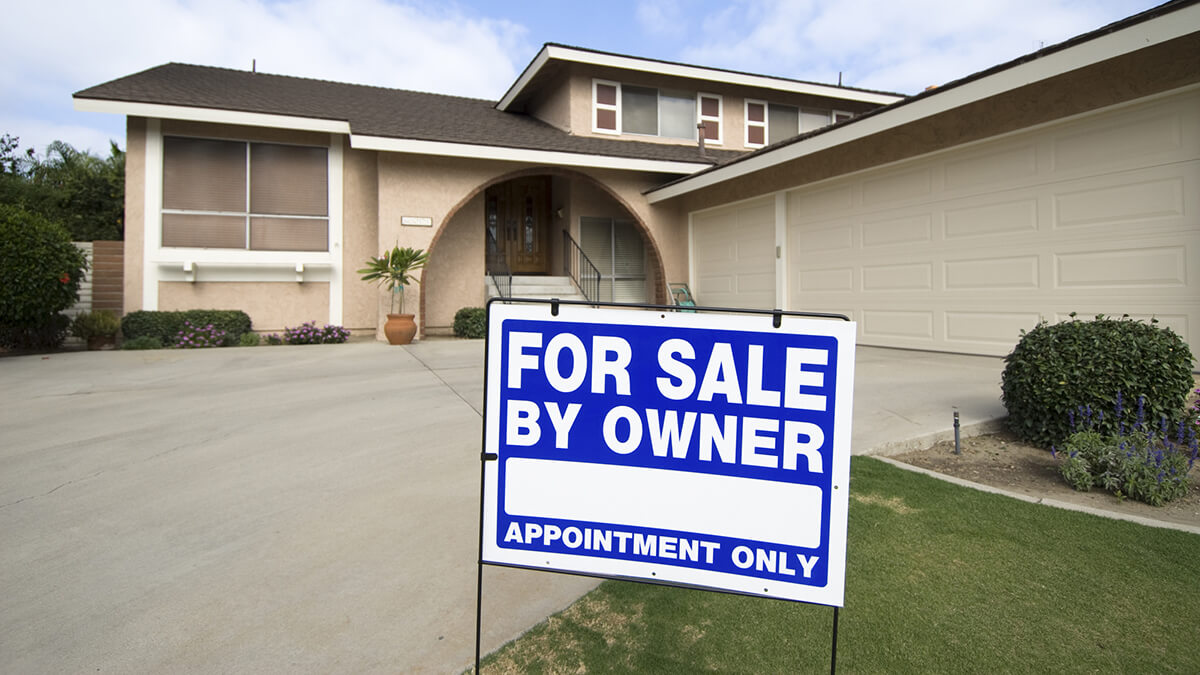According to the FDIC, all residential real estate transactions valued at $400,000 or more require an appraisal. Most lenders require a home appraisal before granting a mortgage, too.
So, if you’re selling your home, there’s a good chance a potential buyer might request a home appraisal.
This is fairly standard procedure, but what is a home appraisal, and how will it impact the sale of your home? Keep reading to find out.
Compare Cash Offers from Top Home Buyers. Delivered by Your Local iBuyer Certified Specialist.
One Expert, Multiple Offers, No Obligation.
What is a home appraisal?
A home appraisal is a professional opinion of a home’s value provided by an unbiased appraiser.
It helps determine the value of houses in the current housing market and is a valuable tool if you want to determine a fair value for your home before listing it.
Lenders need to know the fair market value of a home when underwriting a mortgage. They can’t lend more money than the property is worth.
That’s because the home serves as collateral for the mortgage. If the buyer defaults on their mortgage, the lender must know it can recoup the money by selling the home.
In this way, a home appraisal protects the lender from lending money that it can’t recover.
There are only three instances where a home appraisal isn’t required:
- When the home has had an appraisal within 120 days
- All-Cash Purchases
- Refinancing with USDA, FHA, or VA loans
If you’re selling a home and receive a low home appraisal, you’ll need to adjust your price accordingly if you want to sell to a buyer who needs a mortgage. In 2021, one in five homes came in under the asking price during a valuation.
When this happens, the lender will reject or adjust the buyer’s mortgage application. This can cause delays in the sale of the home if the buyer needs to approach another lender.
An independent agent, called an appraiser, conducts the home valuation so it’s impartial, fair, and accurate.
Home appraisals are also common in refinance transactions.
How is it different from an inspection?
While there are a few similarities between a home inspection and a home appraisal, they’re vastly different in many ways. The main difference is in their areas of focus.
What is a home appraisal based on?
- Location
- Recent sales in the neighborhood
- Number of rooms
- Land size
An appraiser takes a more general view of the home without looking for specific defects. They make consider major issues, like a non-functioning HVAC system, or a roof that needs repairs, as well as relevant home improvements, like solar power.
A home inspector conducts a detailed investigation into necessary repairs according to a specific checklist. This helps the buyer determine how much they’ll need to spend on the home after they buy it.
They don’t look into any of the above home appraisal basics.
What is a home inspection based on?
- HVAC, electrical, and plumbing systems
- Utilities
- Light fixtures
- Any major appliances included in the sale
- Carbon monoxide and smoke detectors
- Presence of pests, mold, and mildew
Lenders don’t always insist on a home inspection, but buyers have the right to ask for one.
The appraisal process
What is a home appraiser looking for when they visit a home for sale? We’ll dive into the details here.
Nearby home values
A licensed appraiser always conducts housing comps on nearby properties. They’ll check what prices these homes fetched and adjust these values according to the specifics of your home.
Things like more bedrooms, a study, an accessory dwelling unit, or a larger yard can add to the value of our home when compared to nearby properties.
Living conditions
Unlike a home inspector, the appraiser doesn’t go into specifics when evaluating the home’s livability. They provide a general overview of the rooms, potential safety hazards, and major home systems.
Home improvements
Only permanent fixtures add to the value of your home, and you’ll need to leave these upgrades behind when you sell the home. Things like a newly renovated kitchen, refinished basement, or landscaped gardens can positively impact the value of your home.
Location
The appraiser looks at things like proximity to desirable amenities like schools and may also take the school district rating into account. Homes located close to power lines, a junkyard, or a busy street will attract lower values.
The appraisal report
It only takes a couple of hours to conclude a home appraisal, but you can wait a few weeks to receive the appraisal report. This document contains the home appraisal results and the appraiser delivers it to the mortgage lender.
Most appraisers use Fannie Mae’s Uniform Residential Appraisal Report to record their findings. Every appraisal report must include the following:
- A street map indicating the location of the property and house comps
- A sketch of the building’s exterior
- Explanation of square footage calculations
- Photographs including front, back, and street views
- Exterior photographs of comparable properties
The appraiser should also include information on other factors they used in their calculations, like public tax records, market sales data, and public land records.
What home sellers need to know
There are a few ways sellers can prepare for a home appraisal and ensure the appraiser arrives at an accurate price for your home. These are:
Compile an offer list
Multiple offers prove to the appraiser that your home’s pricing is accurate. Provide them with a list of other offers received on your home at the current price.
Create a good impression
Be sure to spruce up your home before the appraiser arrives. An untidy, dirty home is bound to impact their impression of the home’s livability.
A few quick fixes can make a big difference, like adding more mirrors to create the impression of extra space or new lightbulbs to brighten things up.
Be there
You’re allowed to attend the appraisal. This will enable you to point out upgrades and answer any questions they may have.
Provide comps
If you know of any recent sales that the appraiser should consider, print them out and give them to the appraiser. It’s easy to conduct home comps yourself, or you could ask your realtor to do this for you.
As a seller, you’ll need to lower your price if the appraiser values it at less than your advertised price, or you’ll never sell your home to a mortgage-dependant buyer.
Selling to an all-cash buyer is a good option, but the bottom line is, nobody wants to overpay for a home. Rather take the appraiser’s findings to heart and adjust your expectations.
You can contest the appraisal results, especially if your neighborhood has experienced numerous distress sales lately. Foreclosures and short sales will affect the value of comps in your area, but they’re not a true reflection of fair prices.
In this case, you can pay for a second appraiser to value your home.
What home buyers need to know
When you apply for a mortgage, your lender hires the appraiser, and you pay for their services. Home appraisals can cost anything from $400 to $1,000, depending on the mortgage type, the home’s location, and the complexity of its design.
If the appraiser values the home you want at a lower value than you’ve offered, there are three things you can do:
1. Make up the difference
Paying more upfront means you’ll loan less from the bank to pay for the home. So, if you want to proceed with the sale, you’ll need to increase your down payment.
2. Re-negotiate the price
If you want the home and can’t afford a bigger down payment, you can approach the homeowner about lowering their purchase price. In today’s competitive market, sellers aren’t always willing to negotiate unless they’re in a hurry to sell the home.
3. Back out
Many sales agreements include an appraisal contingency. That means the buyer can back out of the deal and recoup their earnest money deposit in the event of a low appraisal.
Refinancing advice
Your home must appraise at or above the value you want to refinance when you apply for refinancing. You can do a few things to increase your chances of a favorable result. These are:
- Declutter
- Create a list of upgrades and improvements (with receipts)
- Gather documents like land surveys for the appraiser
- Landscape your yard
- Complete minor repairs
Remember, repairs don’t count as upgrades. If you replace your HVAC with a better model, that’s an upgrade. Repairing a faulty HVAC is routine maintenance.
Get an offer from iBuyer.com
What is a home appraisal going to do for your home sale? Provided your initial asking price was accurate, it won’t impact much, but it will add a few more weeks to the sale proceedings.
Selling your home to a cash buyer is the only way to sidestep the mortgage approval process, but where do you find a buyer with the available resources? iBuyer.com will connect you with a keen, qualified cash investor in no time at all.
Our home valuation process takes only a few seconds thanks to our advanced algorithms and up-to-the-minute access to industry data. All we need from you is the address of the property you’re selling.
Try it out today and receive a no-obligation valuation on your home.




